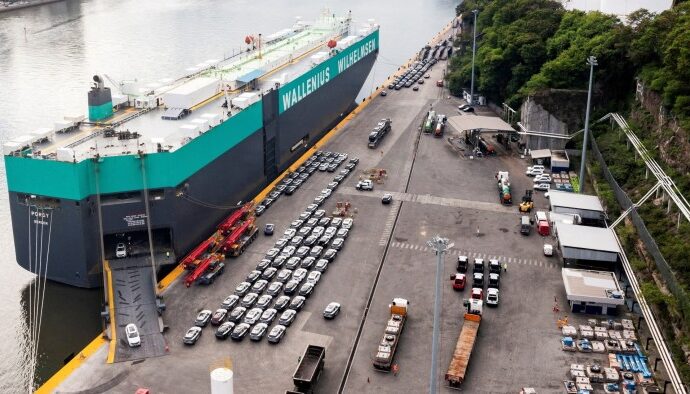Unlock the Editor’s Digest for free
Roula Khalaf, Editor of the FT, selects her favourite stories in this weekly newsletter.
South Korea’s financial regulator is considering banning all equity-linked securities after finding that the country’s biggest banks and brokerages misled retail investors over products tied to Chinese stocks.
The Financial Supervisory Service’s five-month investigation into five banks and six brokerages found poor regulatory compliance and a lack of consumer protection for sales of securities linked to the Hang Seng China Enterprises index.
The products are fixed-income derivatives that promise bond-like coupons and early redemptions based on the performance of assets, but investors can suffer heavy losses if the underlying asset falls below a certain level.
Retail investors — mostly elderly retirees according to the regulators — are expected to suffer an estimated Won5.8tn ($4.4bn) of losses this year after the underlying Hang Seng China Enterprises index halved to about 5,717 points since peaking above 12,000 in February 2021.
The FSS said the government would reform the equity-linked securities sales system, criticising a lack of internal controls among banks, which included Kookmin Bank and Shinhan Bank.
Kookmin Bank and Shinhan Bank declined to comment. The financial industry association also declined to comment.
“Some equity-linked sellers did not properly manage their sales ceiling even when the risks of investor losses were getting bigger . . . as result, various types of mis-selling and rule violations occurred,” said the FSS governor Lee Bok-hyun.
“We can discuss a ban on the sale of highly risky products by banks as an option,” added Lee Se-hoon, the vice FSS governor.
The potential ban is considered as a step to appease disgruntled retail investors ahead of the April parliamentary elections, but analysts said the possibility of actually banning all products was low.
Most banks halted sales of such equity-linked securities earlier this year owing to concerns over regulatory scrutiny in Korea. The FSS said on Monday the lenders had not properly informed retail investors of the risks associated with the structured products and even encouraged staff to sell more products despite the growing risks.
Most of the products linked to the Hong Kong index were sold in 2021, when interest rates were low. The Hang Seng China Enterprises index, a widely referenced gauge for large Chinese listings in Hong Kong, has since been hit by China’s economic slowdown and rising geopolitical tensions between Beijing and Washington.
The regulator said it would impose penalties after reviewing how financial groups compensate retail investors. The FSS estimated that most of the compensation to investors would range between 20 per cent and 60 per cent of the investment principal.
South Korea is a large market for derivatives and structured financial products, despite frequent market meltdowns. The government strengthened rules for consumer protection in 2019, when the FSS ordered banks and brokerages to return up to 80 per cent of investors’ losses from derivatives tied to German bond yields.


